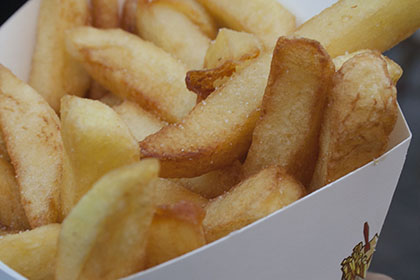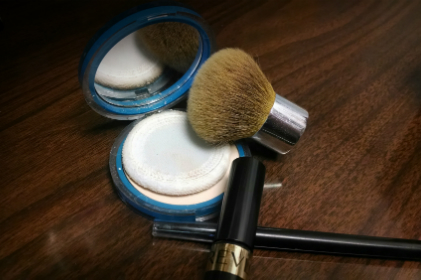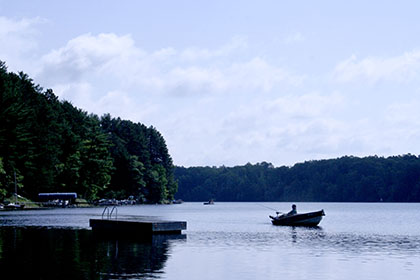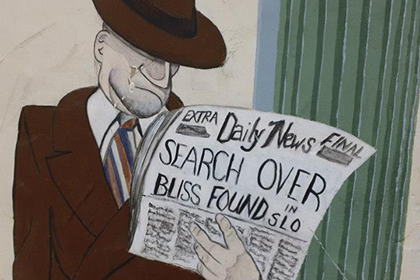There’s probably no feeling in the world more powerful than knowing you’re wanted, especially by somebody you want in return. That feeling in and of itself can serve as a pretty magical aphrodisiac. What you want is sexy, and what you’re going to get is sexy. Even if the first time you sleep with someone you really like isn’t that great, it still feels great because you were with a person you really wanted to be with. Hormones do all the dirty work. That’s just science. Sexy, sexy science.
But what about the next time you do the deed? What about six months down the line? Or heck, six years? We typically give our new paramours a mulligan if they don’t deliver the Cosmopolitan-front-page mindblowing orgasm we’re craving the first time around… But everyone reaches a point at which they absolutely must speak up. Your partner isn’t a mind-reader, even if they’ve gotten to know you insanely well in every other department. If there’s something you like better than other things, or if there’s something you really do not like at all—you need to use your words!
Ugh, but that’s the worst, isn’t it? That feeling of “Oh my God, if I ask her to do this thing, will she think I’m some kind of pervert?” or “If I tell him I don’t want to do it in that position anymore, will he be unable to have an orgasm? Am I ruining sex for him?” This kind of self-doubt can send anybody’s sexual confidence into a tailspin. And we all do it.
But here’s the surprising thing: you know that powerful feeling of being wanted by someone? There’s also that powerful feeling when you ask for something and you receive it. What a high that is! And what about when someone asks you to do something? Isn’t it sexy when a person knows what they want? Confidence is the most underrated turn-on in the history of mankind. Forget all the weird little things people focus on: sexy lingerie, gorgeous makeup, a body that’s a walking replica of Michael Phelps. In the end, if Michael Phelps’ twin can’t ask for what he wants in bed and autopilots through his sexcapades, he will be far, far less admirable than the regular Joe who worked up the nerve to ask his girlfriend for something kinky.
It can be scary to communicate and tell someone what you want in bed, whether it’s a confession about a secret fetish or even the simple “less that, more this.” But if you stay silent, your sex life (and as a result, your relationship or potential relationship) might never fire on all cylinders. Think of all that wasted potential! That’s no way to go through life, for either party. So find a way to say what you need to say, whether it’s in the heat of the moment or in a totally mundane setting. Whatever’s easiest for you, as long as you’re able to get brave and use your words. And who knows? You might learn some very interesting things about their desires as well, leading to better sex for everyone involved. Everyone wins, big time.
Readers, what are some awesome ways that people can learn to be more open with their partners? What has your experience been?
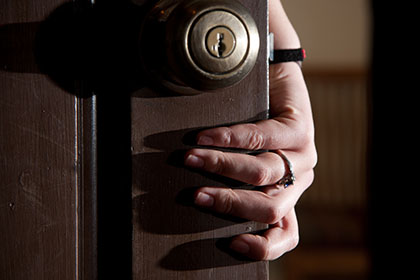
Photo by Andy Sutterfield
